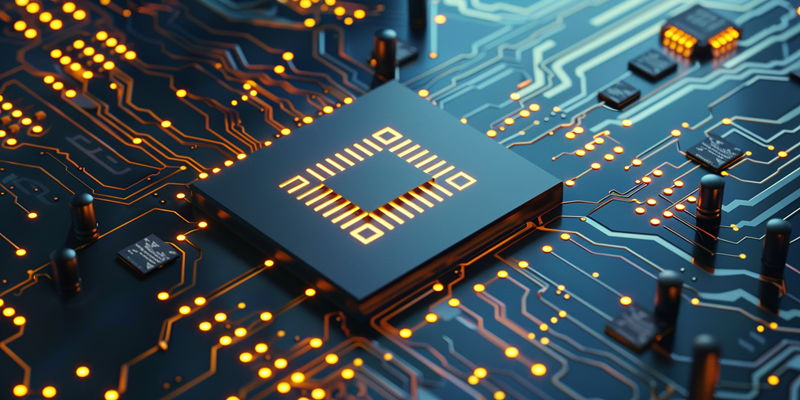Advanced Micro Devices (AMD) is on the cusp of launching a new era of processing power with its Zen 5 architecture-based CPUs. In a significant step forward, CEO Dr. Lisa Su announced during a recent earnings call that the company will initially focus on the data center segment with its ‘Turin’ Epyc CPUs, followed by AI-equipped Ryzen mobile processors. Although the detailed features and capabilities of these products are still under wraps, AMD’s history of delivering competitive, high-performance chips lends credence to the industry’s high expectations for significant efficiency and performance enhancement over previous generations.
Turin Epyc CPUs: A Data Center Overhaul
AMD plans to upend the data center landscape with their new Epyc CPUs, which are already in the sampling phase. Promised to deliver noticeable improvements in performance and efficiency, the ‘Turin’ CPUs will cater to the growing demands of modern data centers, offering improved computational capabilities and power efficiency. This move is particularly strategic, as AMD aims to capture a larger slice of the market share and establish a firmer foothold against competitors. With data centers increasingly becoming the backbone of the digital economy, AMD’s advancements could not only bolster their market position but also enhance the overall infrastructure powering cloud computing and internet services.
AI Integration and Ryzen Mobile CPUs
Following their push into the data center market with the ‘Turin’ Epyc CPUs, AMD intends to extend its technological prowess to mobile processing. AI-enhanced Ryzen mobile processors are on the horizon, set to benefit from the advancements made in the Zen 5 architecture. The company’s track record in chip performance has set the stage for the tech community to expect notable improvements in efficiency and computational ability. If AMD delivers on these expectations, it could mark a new benchmark in processing technology for both data center utilization and mobile computing, paving the way for more responsive and intelligent devices in the near future.

